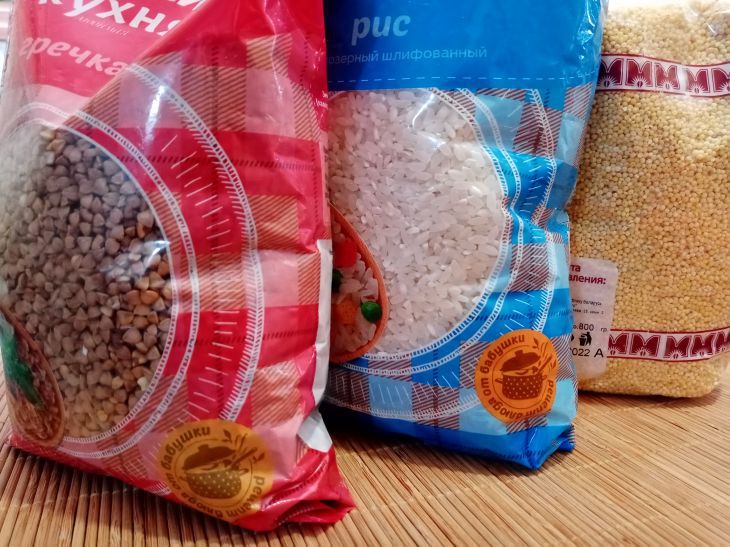Which cereals are bad for joints: a nutritionist reveals an unexpected truth
Porridges are considered healthy and nutritious, but not all of them are equally beneficial for joint health.
Some types of cereals can provoke inflammation and worsen joint problems. Which cereals are best to limit in the diet?
The Effect of Porridge on Joint Health
Porridges are an important part of a healthy diet, but their effects on joints can be controversial.
Some types of cereals contain substances that can cause inflammation in the body and negatively affect joint tissue.
Understanding these features will help you make the right choice in favor of the most beneficial cereals for your joints.

Semolina porridge and its effects
Semolina porridge, loved by many since childhood, can have an adverse effect on joints. The high gluten content in semolina contributes to increased inflammatory processes in the body.
In addition, semolina has a high glycemic index, which leads to sharp jumps in blood sugar levels and can worsen the condition of the joints.
Rice Porridge: A Hidden Threat
White polished rice, which is most often used to make rice porridge, can also be harmful to joints.
During the processing process, rice loses most of its nutrients and fiber, while maintaining a high starch content. Eating such porridge can lead to increased blood glucose levels and increased inflammation in the joints.
Corn porridge and its features
Corn porridge, despite its popularity, may not be the best choice for people with joint problems.
Corn contains a large amount of omega-6 fatty acids, the excess of which contributes to the development of inflammatory processes in the body.
Additionally, corn grits are often genetically modified, which can pose additional health risks.
Alternatives for Joint Health
Instead of potentially harmful cereals, you can pay attention to healthier alternatives.
Oatmeal, buckwheat and millet porridges are rich in antioxidants and anti-inflammatory substances that have a beneficial effect on the condition of the joints.
Quinoa and amaranth are also great choices because they contain complete protein and are non-inflammatory.
Proper preparation of porridge
The method of cooking porridge also plays an important role in its effect on joints. Long-term heat treatment can destroy useful substances and increase the glycemic index of the product.
It is recommended to cook porridge in water or with the addition of a small amount of plant milk, avoiding the use of sugar and other sweeteners.
